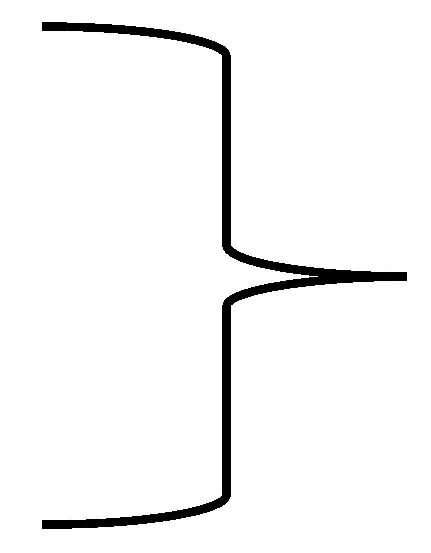Table 2.
Main results of some studies concerning the pharmacological and non-pharmacological treatment of active cancer in patients with IBD. IBD, inflammatory bowel disease; GI, gastrointestinal; UC, ulcerative colitis; CD, Crohn’s disease; IBD-U, IBD-unclassified; CT, chemotherapy; HR, hazard ratio; XRT, radiotherapy; ADT, androgen deprivation therapy.
| Study, Authors, Year of Publication | Patients and IBD Subtype (IBD Remission or Active IBD, if Available) | Type of Cancer (Type of Cancer in IBD Remission, Type of Cancer in Active IBD) | Typer of Cancer Treatment (Type of Treatment in IBD Remission, Type of Treatment in Active IBD) | Main Results | ||
|---|---|---|---|---|---|---|
| Effects of Cancer Treatment on IBD Remission and Reactivation, Jordan E. Axelrad et al., 2012 [72] |
84 patients - UC 45 (40, 5) - CD 39 (29, 10) |
Breast 37 (30, 7) Lung 12 (10, 2) GI 19 (16, 3) |
Cytotoxic CT 46 (41, 5) Hormonal 22 (16, 6) Cytotoxic + hormonal 16 (12, 4) |
Active IBD group 10 IBD remission: 5 cytotoxic CT 1 hormonal 4 combination therapy |
Inactive IBD group 12 IBD flare-ups: 1 cytotoxic CT 6 hormonal 5 combination therapy |
|
| Hormone Therapy for Cancer is a Risk Factor for Relapse of IBD, J. E. Axelrad et al., 2021 [73] | 447 patients - UC 238 (214, 24) - CD 197 (175, 22) - IBD-U 12 (11, 1) |
Breast 346 (315, 31) Prostate 101 (85, 16) |
Cytotoxic CT 34 (34, 0) Hormonal 187 (164, 23) Cytotoxic CT + hormonal 73 (65, 8) Other therapies or unknown 165 (148, 17) |
Active IBD group, risk for IBD remission (95% CI) Cytotoxic CT: - Hormonal: HR 1.98 (0.42–9.34) Cytotoxic CT + hormonal: HR 2.09 (0.35–12.5) |
Inactive IBD group, risk of flare-up (95% CI) Cytotoxic CT: HR 0.91 (0.34–2.42) Hormonal: HR 2.00 (1.21–3.29) Cytotoxic CT + hormonal: HR 1.86 (1.01–3.43) |
|
| Acute and late toxicity of patients with IBD undergoing irradiation for abdominal and pelvic neoplasm, C. G. Willett et al., 1999 [87] | 28 patients - UC 18 - CD 10 |
CRC 17 Prostate 7 Endometrial 2 Pancreatic 1 Small bowel 1 [no data regarding active or remission IBD] |
Radiotherapy techniques Conventional 12 Specialized 16 [no data regarding active or remission IBD] |
Frequency of toxicities (conventional, specialized) Total severe toxicity 46% (58%, 38%) - Severe acute toxicity 21% (17%, 25%) - Severe late toxicity 29% (50%, 13%) |
||
| Rates of Adverse IBD-Related Outcomes for Patients with IBD and Concomitant Prostate Cancer Treated With Radiation Therapy, L. A. Feagins et al., 2020 [89] | 100 patients - UC 66 - CD 29 - IBD-U 5 |
Prostate 100 | XRT/brachytherapy 47 Nonradiation therapy 53 |
Rates of IBD flare-up XRT/brachytherapy vs. nonradiation therapy - within 6 months: 10.6%, 5.7% - within 6–12 months: 4.3%, 1.9% - within 12–24 months: 8.5%, 9.4% |
||
| Implications of prostate cancer treatment in men with IBD, P. S. Kirk et al., 2018 [91] | 205 patients [no data regarding IBD type] |
Prostate 205 | Surgery 85 Radiotherapy 56 ADT/observation 64 |
Rate of IBD flare-up in years following treatment | ||
| Surgery 13% Radiotherapy 23% p = 0.28 |

|
ADT/observation 19% | ||||
